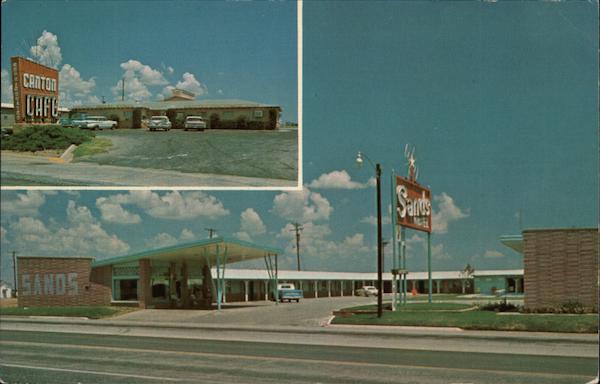American History and Politics During My Lifetime
Important
Legislation from the Year 1956
The year that I
was born, President Eisenhower signed the Federal Aid Highway Act into law
since he had seen the German Autobahn system during WWII. He reasoned that an interstate system would
benefit national security, allowing faster evacuation routes in a nuclear
attack. 41,000 miles of highways were built across America. This changed our
landscape forever.
Previous history
1895 – Bureau of Highways became the foundation of
what exists today from the dirt wagon trails
1918 – Roadways were connected with Bonds, paving
began
1933 – U.S. Highway system was formed and roadways
doubled.
1956 – by 1960, our interstate system became the largest civil engineering project in
the world costing more than 100 billion.
My memories of
travelling in the car were on two lane highways through miles and miles of open
land. I remember looking out the window at the passing landscape or soaking in
the sights of any new town or city. There was a quiet comfort knowing that I
was in the safe protection of Mother and Daddy out in that vast world.
Traveling made me feel FAR from home. There were many dirt roads around Vernon
and we knew them well, just like highways. I learned to drive on FM roads (Farm
to Market). These were paved roads, smaller and narrower than U.S.
Highways. When the vast Interstates
opened, it seemed that you didn’t have to slow for anything. Daddy taught me to
drive long distance on the big highways during our 1972 road trip to Michigan
to see Paula. He drove it straight through in two days, but on the return trip,
we toured the Eastern states. Once we got onto the Interstates, Daddy would let
me drive to experience the high speeds and passing.











